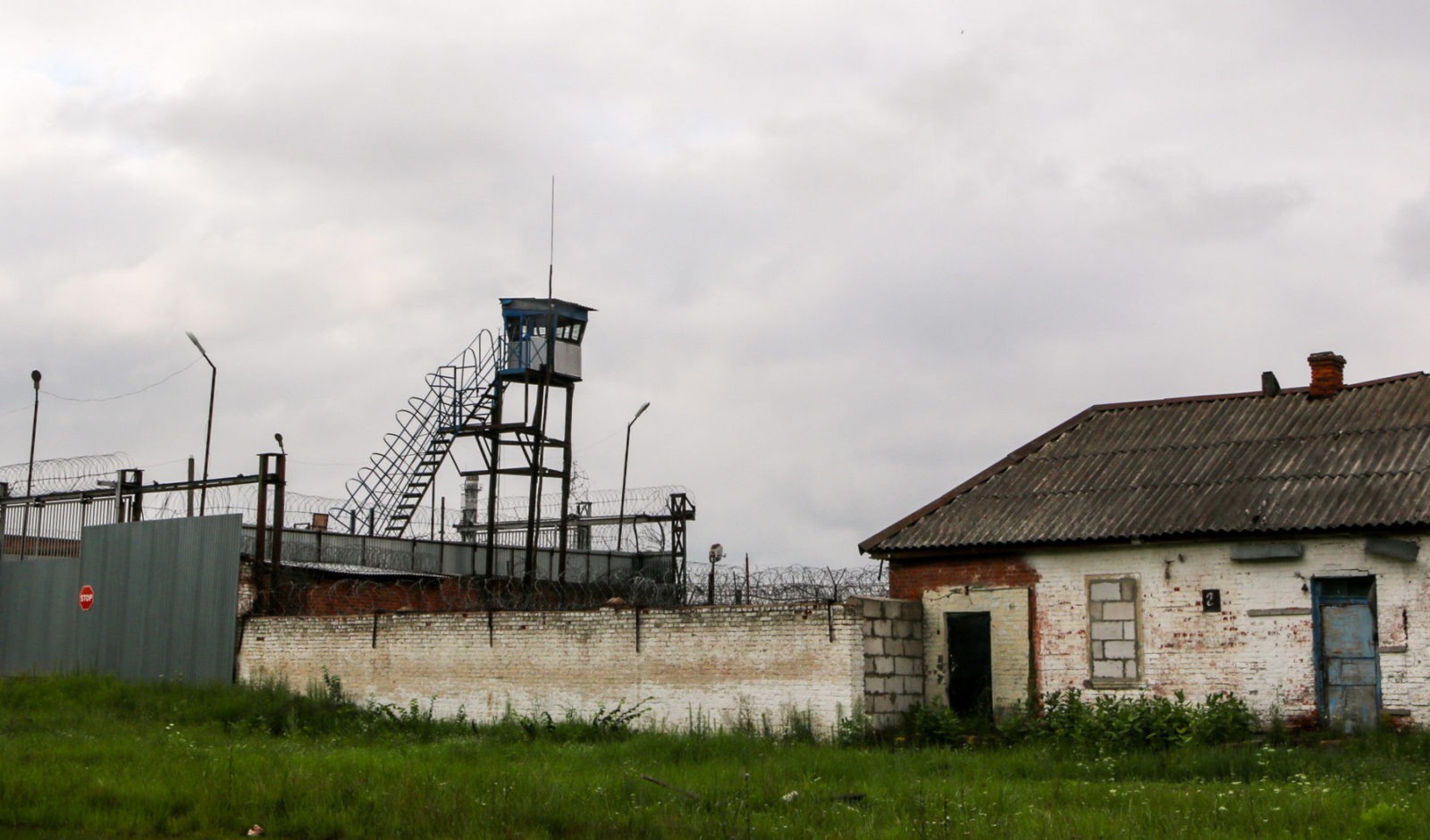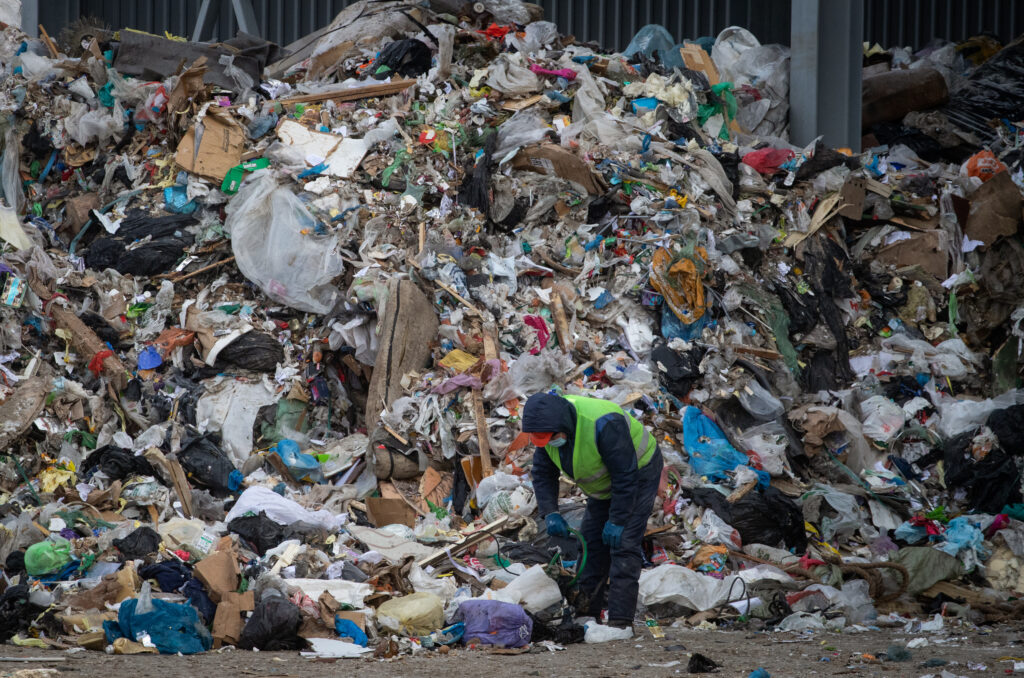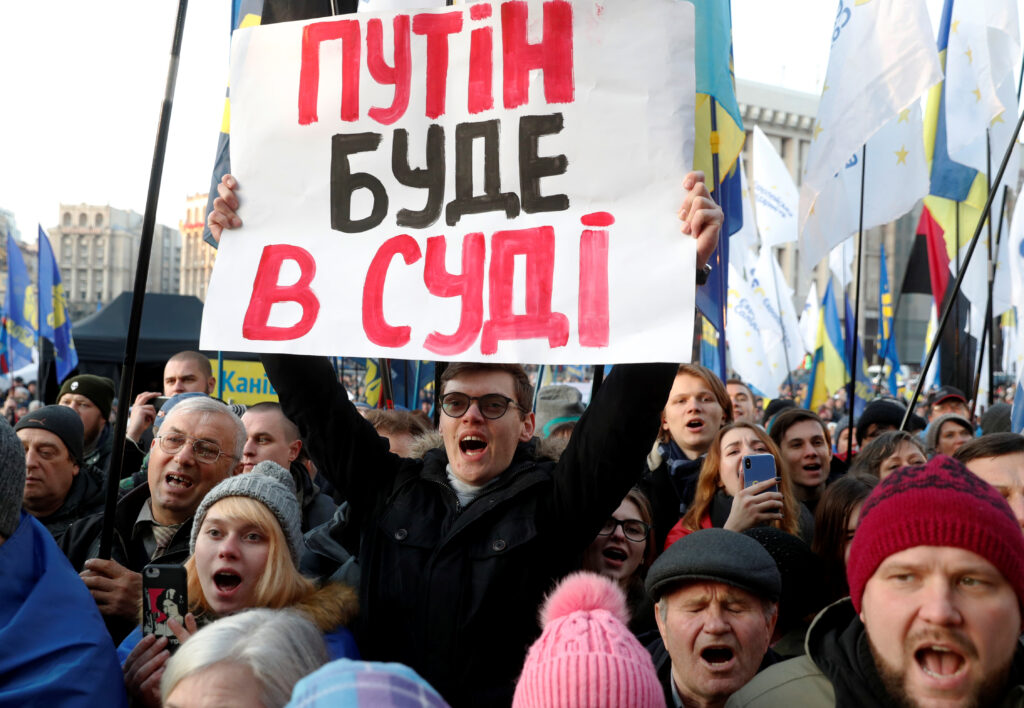It has long been news that people in the Russian prison system are getting tortured. Over the past ten years, human rights groups have flagged up dozens of reports of beatings and deaths. There have been plenty of investigations warning of inhuman conditions.
Consider, for example, the trial of Vladimir Zhidkov. He was the head of the Federal Penitentiary Service (FSIN) in the Chelyabinsk region. Zhidkov was at last convicted along with 13 of his subordinates for the death of prisoners in IK-1 of Kopeysk in 2008. Another example: the mass beating of convicts in Transbaikalian IK-10 in 2011. Bear in mind, this was the same prison where the Russian businessman and opposition figure Mikhail Khodorkovsky was serving a sentence.) Then, there were the open letters of Nadezhda Tolokonnikova and Ildar Dadin. These flagged up slave labor in Mordovian IK-14 (2013) and bullying in Karelian IK-7 (2016).
All these instances caused alarm and dismay, yet little in the way of structural change. But the story of Evgeny Makarov torture in IK-1 of Yaroslavl led to tangible results. For the first time, the leadership of the FSIN had to recognize the scale of the problem at hand. FSIN began inspections not in a single region, but in the country as a whole. Why did this not happen before?
An article in Novaya Gazeta with a 10-minute video of Makarov being abused was published on July 20, 2018. This was three days before the 64th session of the UN Committee against Torture. That session reviewed Russia’s report on the implementation of international obligations under the Convention on the prohibition of inhuman treatment. In the video, a half dozen employees of IK-1 of Yaroslavl, removed the prisoner’s clothes and underwear. Then, footage showed them beating him with a club, pouring water on him and launching tirades of insults. Of course, UN experts drew attention to the high-profile video. They demanded that the Russian authorities take action.
The leadership of the FSIN announced a large-scale inspection for all Russia’s penitentiary system. Allegations of prisoner abuse over the past year were investigated. Special commissions identified 168 violations related to the use of physical force and special equipment. The director of the prison department, Gennady Kornienko, suggested creating video recorders that could not be turned off by FSIN employees.
In its turn, the Investigation Committee began detaining employees of the Yaroslavl colony who had been captured on a video clip. The committee also punished an investigator, who a year earlier, having studied that video, did not find corpus delicti in the actions of employees of IK-1. Myriads of criminal proceedings began, most of which concerned the beatings and deaths of convicts in various regions.
So, on July 8, 2018, according to the investigators, drunk employees of the Trans-Baikal colony No. 5, upset by the defeat of the Russian team in the quarterfinals of the World Cup, beat up the prisoners with a taser.
Already at the height of the torture scandal in FSIN, an employee of the Bryansk colony No. 6, according to the Investigation Committee, tied up the face of a convict with a cloth, which led to death from suffocation. A prison officer then got charged with murder.
In August of 2018, as follows from the documents, two officers of IK-18 Kazan assaulted a prisoner. It turned out that one of the accused back in 2015 hit another convict with a wooden object several times. The fight against abuse in prisons began to ebb by the end of the year. Still, no fundamental changes in the penitentiary system are underway. In December 2018, at the annual meeting with members of the Council for the Development of Civil Society, where the problem of torture was one of the main ones, Russian President Vladimir Putin actually made it clear that the current configuration of the security forces quite suits him.
And by this January, having recovered from the public pressure, FSIN launched a counter-offensive. The agency proposed stopping members of the Public Oversight Committees from filming prisoners in the pre-trial detention centers. The same for prisoners in the colonies with their own video cameras. Public activists will be able to use only those video recording devices that the administration of the institution will provide, though that is still not clear. FSIN employees themselves will have the right to view the videos together with members of the Public Oversight Committees.
At the same time today, public control in places of deprivation of liberty is, in fact, not exercised. State-controlled «social activists» are sometimes lazy with visiting correctional institutions. Independent human rights defenders, meanwhile, have no way to get there. This is due to current legislation, where you can be a member of the Public Oversight Committee no more than three times in a row. If in previous years, information about violations behind the bars flowed via public observers, now it is more like a stream that is about to run dry.
The absence of torture as an official crime in the Criminal Code characterizes the attitude of the Russian authorities to the problem of inhuman treatment from law enforcement bodies. In 1987, the USSR (and Russia is its successor) signed and ratified the Convention against Torture. After that, the UN often recommended to the Soviet (and then the Russian) leadership to bring the national legislation in line with European protections. The UN suggested introducing a separate article «torture» into the Criminal Code.
Six times the Russian Federation prepared reports for the UN Special Committee on Combating Cruel Treatment. Each time Russia explained that its the criminal legislation already contains Article 286 (abuse of power). This article covers not only torture, but also damage to property by officials and other crimes not related to the use of physical force.
In July 2018, the chairman of the UN Committee against Torture, Jens Modvig, stated categorically: «We don’t see how many criminal cases involving torture were initiated. In a number of cases, torture is meant as aggravating circumstances, but such cases cannot be distinguished from general statistics. «That is, reliable data on the number of people convicted of torture in Russia does not exist.
According to the information from the Judicial Department at the Supreme Court of the Russian Federation, in 2017, 798 people were convicted for exceeding official authority with the use of violence, special means or causing serious consequences (part 3 of article 286 of the Criminal Code of the Russian Federation). Among them — 339 law enforcement officers (without breakdown by departments). According to the human rights organization «Zona Prava», in 2017, 227 FSIN officers were prosecuted for official misconduct.
In the absence of clear statistics, it is impossible to trace the dynamics, draw conclusions and take the necessary measures. The torture scandal in the Yaroslavl penal colony did not force the security forces to change their position. In January 2019, the main Russian law enforcement agencies — the FSB, the Ministry of the Interior and the FSIN — unanimously opposed the introduction of a separate article «torture» into the Criminal Code of the Russian Federation. The recommendations of the UN Committee against Torture and the Council under the President of Russia (HRC) on human rights were again dismissed. Heads of departments called the proposal of human rights defenders «excessive».
At the same time, the Commissioner for Human Rights in the Russian Federation, Tatyana Moskalkova, did not agree with the position of the security services. She stated that the new article «would play an important preventive measure and could increase the measure of responsibility». In turn, the head of the HRC Michael Fedotov stressed that the proposals of the Council are to «eliminate the disorder in the legislation.» Understanding the importance of the appearance of the article «torture» in the Criminal Code by some Russian actors suggests that this issue will circulate in high offices.
Only a few human rights organizations focus on the topic of torture in the FSIN institutions in Russia on a permanent basis. Among them are the «Zona Prava», the «Committee against Torture», «Rus Sidyashaya» and «Public Verdict». Their activity helps to punish the guilty officials on specific episodes. Given the remoteness of the colonies and the eternal lack of resources, the work is simply titanic. But their work at least helps keep the subject of prisoner abuse on Russia’s news agenda.
At the same time, law enforcement agencies do not cooperate with human rights groups. For example, human rights defenders who revealed the facts of ill-treatment of prisoners were not invited to a meeting at the Federal Penitentiary Service of the Yaroslavl region following the results of the inspection of IK-1. Sometimes the authorities exert direct pressure on independent human rights defenders. On the first working day of 2019 (January 9), the police detained the coordinator of «Rus Sidyashaya», Ruslan Vakhapov, who, together with Evgeny Makarov, was physically abused in the Yaroslavl colony and reported torture two years ago. Later, the court dismissed the case of violation of the rules of administrative supervision in relation to Vakhapov due to the lack of corpus delicti.
It should, unfortunately, be recognized that the possibilities of human rights organizations today are limited. And without the will of the authorities, systemic changes in the penitentiary system are not possible. So, the problem of torture in the FSIN institutions in the foreseeable future will not disappear anywhere.










